In an era where tabletop gaming intersects with public health education, a new genre of immersive storytelling has emerged: the epidemiological murder mystery. Dubbed "Transmission Chain: The Outbreak Puzzle," this innovative game format challenges players to step into the shoes of disease detectives, tracing invisible paths of infection through social interactions and environmental clues.
The concept was born when a group of epidemiologists and game designers collaborated during the pandemic lockdowns. "We wanted to make contact tracing feel less like dry data analysis and more like the thrilling detective work it truly is," explains Dr. Lena Zhou, one of the game's creators. What began as an educational tool for public health students has evolved into a cultural phenomenon, with gaming cafes from Berlin to Tokyo hosting outbreak investigation nights.
Gameplay mechanics mirror real-world epidemiology through meticulous design. Each player receives a character dossier detailing their movements, close contacts, and symptoms timeline. The game master—called the "Outbreak Coordinator"—controls the pathogen's behavior based on actual R0 values and transmission probabilities. Players must interview each other, analyze fictional lab reports, and even interpret genomic sequencing data to identify patient zero.
What sets this experience apart is its dynamic infection algorithm. Unlike traditional murder mysteries where clues remain static, the pathogen in "Transmission Chain" spreads organically based on player decisions. "That unmasked conversation in the game's fictional grocery store? It might have just doomed three other characters," says veteran player Marko Petrovic. "The tension is palpable when you realize your character could be both investigator and superspreader."
The game's educational impact has surprised even its creators. Public health departments in several countries have adapted versions for training new contact tracers. "It teaches pattern recognition and the importance of asking the right questions," notes Singapore's Ministry of Health training director. Players report developing a visceral understanding of concepts like serial intervals and asymptomatic transmission that textbooks often fail to convey.
Cultural commentators have noted how the game reflects our pandemic-era consciousness. "It allows players to reframe their traumatic experiences through the lens of agency and problem-solving," writes sociologist Dr. Amira Hassan in a recent journal article. Gaming cafes report that survivors of COVID-19 often choose to play as healthcare workers, creating poignant moments when they recognize real-world parallels in the fictional scenarios.
Controversies have emerged, particularly around the game's "Superspreader Event" expansion pack. Some critics argue it trivializes real tragedies, while defenders counter that it builds empathy. "Playing as someone desperately trying to cancel a birthday party while infectious changed how I view those early pandemic stories," shares college student Priya Kapoor.
The game's evolving nature ensures its relevance. Recent updates include zoonotic transmission scenarios and climate change factors. Designer Zhou hints at future modules exploring vaccine distribution challenges and infodemic management. "The beautiful horror of epidemiology is that the subject matter keeps giving us new material," she remarks wryly.
As the line between entertainment and education blurs, "Transmission Chain" represents more than just a passing gaming trend. It has spawned academic papers, public health partnerships, and perhaps most remarkably, a generation of players who can casually discuss incubation periods over coffee. In an age of fragmented attention, the game's success suggests people will engage deeply with complex science—when it comes wrapped in compelling human stories.
The phenomenon raises intriguing questions about the future of scientific communication. If a game can make people care about reproductive numbers and exposure windows, what other complex systems might benefit from this approach? As one player put it while painstakingly reconstructing a fictional virus's mutation pattern: "I haven't been this invested in someone else's cough since 2020."
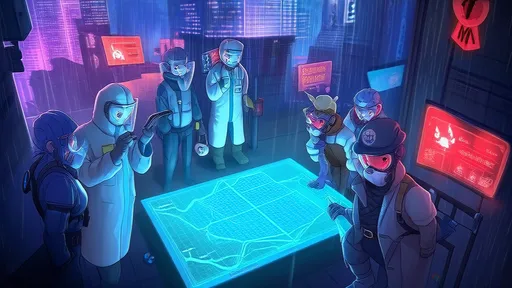
By /Aug 5, 2025
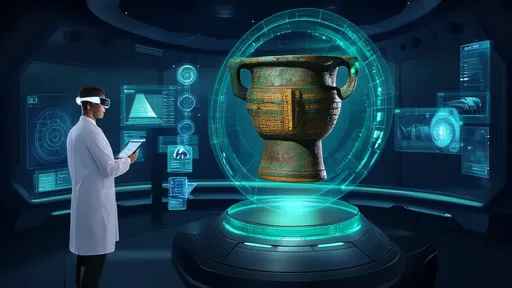
By /Aug 5, 2025

By /Aug 5, 2025

By /Aug 5, 2025

By /Aug 5, 2025

By /Aug 5, 2025

By /Aug 5, 2025

By /Aug 5, 2025
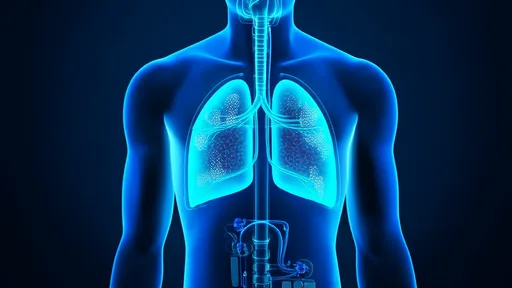
By /Aug 5, 2025

By /Aug 5, 2025
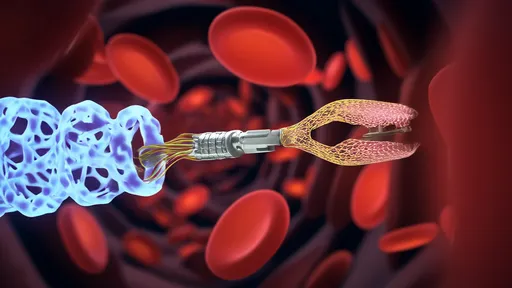
By /Aug 5, 2025

By /Aug 5, 2025

By /Aug 5, 2025
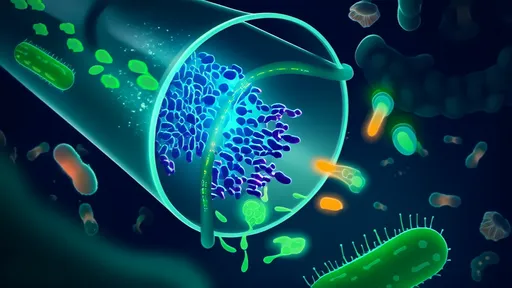
By /Aug 5, 2025
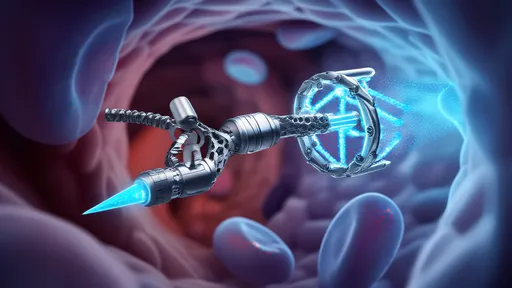
By /Aug 5, 2025

By /Aug 5, 2025

By /Aug 5, 2025

By /Aug 5, 2025
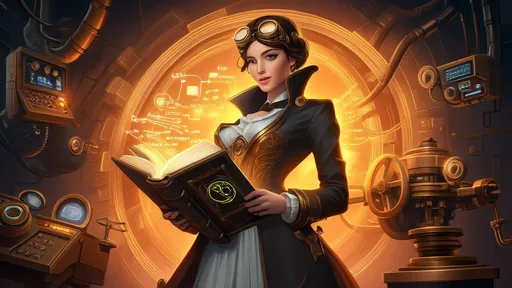
By /Aug 5, 2025
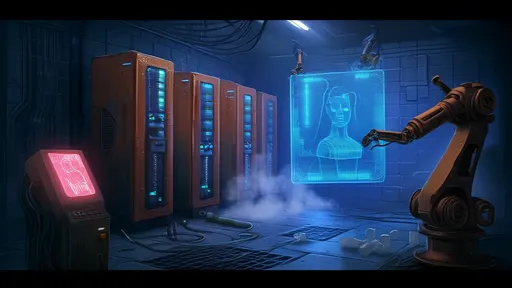
By /Aug 5, 2025